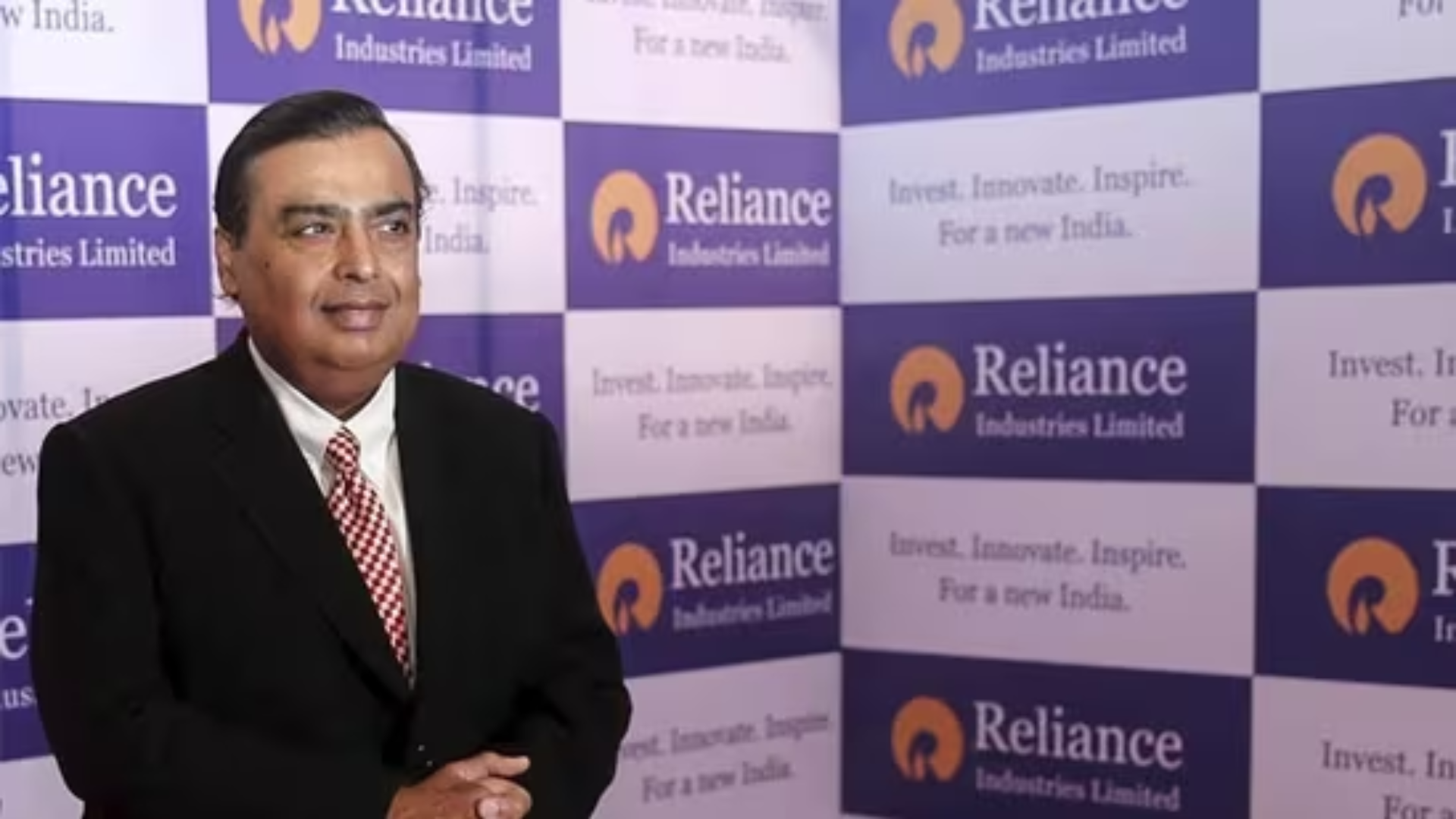










Former RBI governor Raghuram Rajan, recently, raised concerns over the trend of Indian innovators establishing businesses abroad instead of within India, citing easier access to global markets as a key factor. He emphasized the need to address the underlying reasons that are pushing entrepreneurs away from India and shared insights into the aspirations that these individuals hold, to make a global impact.
Rajan highlighted that many Indian innovators prefer setting up businesses in Singapore or Silicon Valley due to challenges in accessing final markets within India. He expressed optimism about the ambition of these entrepreneurs to effect global change but noted their dissatisfaction with the domestic business environment.
“They want to actually expand more globally. I think there is a young India that has a Virat Kohli mentality. I’m second to none in the world,” Rajan remarked, pointing to the competitive spirit and global outlook of Indian entrepreneurs.
Addressing the issue of India’s economic growth, Rajan emphasized that the country was not entirely benefiting from its demographic dividend, comparing India’s growth trajectory unfavorably with that of China and Korea during their demographic dividend phases. He critiqued the current GDP growth rate and suggested that the actual economic progress may be less substantial than reported due to underlying challenges in job creation and economic opportunities.
Also read: Zomato Launches India’s First Large Order Fleet To Ease Bulk Delivery
“The 6 per cent growth figure, if you take away the fluff in the GDP numbers, is in the midst of a demographic dividend. It is much below where China and Korea were when they reaped their demographic dividend,” Rajan explained, highlighting the need to create more meaningful employment opportunities to harness India’s demographic potential effectively.
Rajan also expressed skepticism about India’s heavy investments in chip manufacturing, cautioning against diverting resources away from other critical sectors like job-intensive industries such as leather. He emphasized the importance of identifying and rectifying the underlying issues affecting sectors like leather, which have seen a decline in recent years.
Reflecting on the broader economic challenges faced by India, Rajan advocated for a comprehensive approach to job creation that involves enhancing the capabilities of the workforce and transforming the nature of employment opportunities that are already available.
In conclusion, Rajan’s remarks underscored the urgency of addressing systemic barriers hindering Indian entrepreneurs and the need for strategic economic reforms to unlock India’s full potential for inclusive growth and development.









